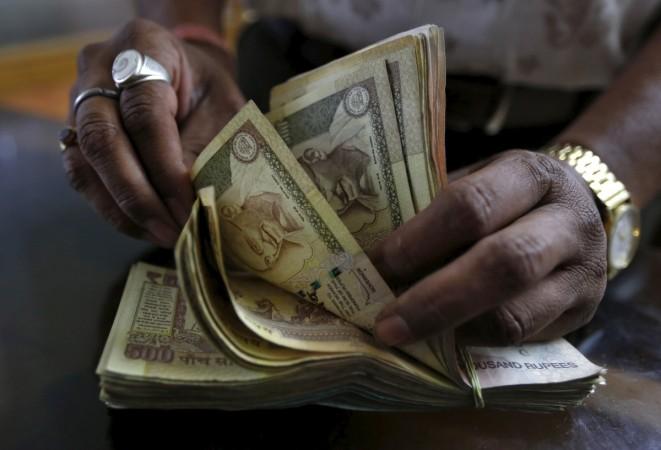
Indian government on Monday announced the rules for taxing its digital economy. The Union Budget had introduced India's first ever digital tax, called the equalization levy (EQL). The EQL will be a six percent tax or fee deducted at the source on payments exceeding Rs. 1 lakh a year made by every resident entity to a non-resident firm for online advertisements.
Such a tax will neutralise the advantage foreign e-commerce firms, having no permanent presence in India, enjoy over India-based local competitors. Google and Facebook are reported to be among those firms that would be hit by the levy, reported Financial Express. The daily added that the rules are expected to throw more light on the levy regarding payment, time limits, account-maintenance of specified services furnished, demand notices and appeals in case of disputes, if any.
"Now with rules in place, people need to start taking action, since the statement of specified services procured starting June 1, 2016 has to be reported in the statement to be furnished by June 30, 2017," Rakesh Nangia, the Managing Partner at Nangia & Co. said. He added that the rules provide clarity as to how an assessee can appeal against the order of the assessing officer.
According to the Economic Times, the idea behind EQL was to indirectly tax the internet giants for the money they make from Indian advertisers. DNA cited Rishab Parakh, chartered accountant and founder of Money Plant Consulting as saying that the revenues of most foreign internet companies are usually routed to a tax haven country. The EQL will help bring them under India's tax net, he added.
Analysts, however, added that such a tax will only mean digital services in India would get pricey as Indian advertisers will pass on their tax burden down to their customers.
Meanwhile, a recent panel formed by the Indian tax authorities to study the scope of taxation of different companies operating in the Indian e-commerce space has suggested including more than a dozen digital economy services to be brought under the ambit of the proposed 6 to 8 percent EQL. However, their inclusion into the EQL taxation category is subject to government discretion going further.








